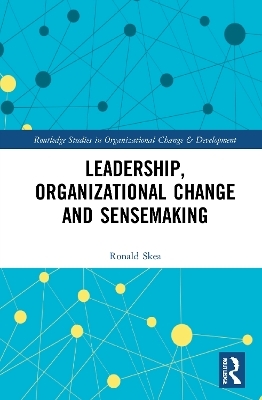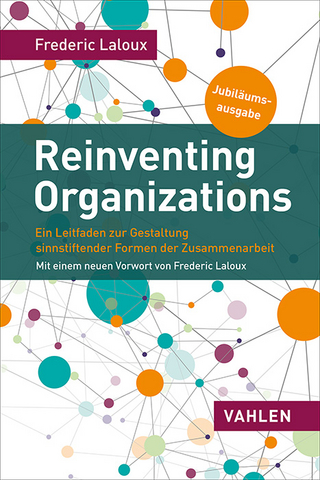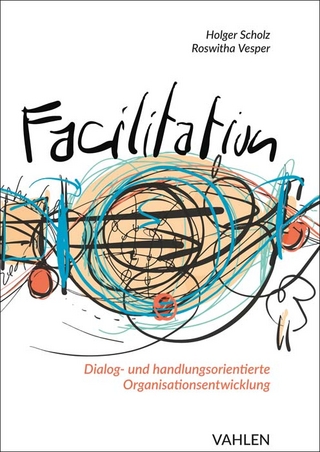
Leadership, Organizational Change and Sensemaking
Routledge (Verlag)
978-0-367-89876-2 (ISBN)
Organizational change literature often focuses on the leaders role in giving sense to others of the need for change and there is a plethora of models and recipes on how to influence employees thinking about change, organizational design and performance. Notwithstanding this ready supply of advice, research has shown that up to 90% of change programs fail to deliver their expected outcomes. One of the reasons for this which has been neglected in the literature is that successful change in thinking starts with how leaders first make sense of the need for change and the challenges this poses to their own thinking.
This book surfaces the elements behind leader sensemaking that add to or detract from their ability to critically question their current thinking. Leaders and interventionists have lacked practical and pragmatic advice on how to influence the process. This book is the culmination of 10 years of research spent working with leaders in organizations as they interpreted the need for change and made choices about engaging, or not, with transformational change methodologies. It reveals nine elements of sensemaking displayed by organizational leaders as they grapple with challenges to their current orthodoxies about how to lead and organize in times of change.
The book shows the latest state of knowledge on the topic and will be of interest to researchers, academics, practitioners, and students in the fields of leadership, change, and organisational development.
Dr Ronald Skea is Business Agility Senior Manager at Lloyds Banking Group and a Chartered Fellow of the Chartered Institute of Personnel and Development and a Fellow of the Chartered Management Institute, UK.
Part 1 Leadership, organizational change and sensemaking introduced 1. What are Leadership and Organizational Change? 2. What is sensemaking and how can you observe it in practice? 3. Epiphanies and crossing the Rubicon: The drama of moving from old to new realities Part 2 The nine elements of leader sensemaking 4. Ontology: Creating realities 5. Storytelling: If you’re going to tell a story, make it a good one 6. Displacement of Concepts: paradigm shift or paradigm expansion? 7. Preunderstanding: a little (or a lot of) knowledge can be a dangerous thing 8. Cognitive Dissonance: Burning platform or has someone burnt the toast? 9. Commitment Compliance: A fusion of forced free will 10. Defensive Reasoning: Rationalizing not rational 11. Compresence of Opposites: ‘and’ not ‘or’ 12. Interpretation: decide first, justify later Part 3 Post-engagement sensemaking observed 13. Post-engagement social sensemaking: What is history but a fable agreed upon Part 4 Conclusion – Influencing sensemaking 14. Sensemaking: recipes, plate spinning or web weaving?
| Erscheinungsdatum | 07.06.2021 |
|---|---|
| Reihe/Serie | Routledge Studies in Organizational Change & Development |
| Verlagsort | London |
| Sprache | englisch |
| Maße | 152 x 229 mm |
| Gewicht | 380 g |
| Themenwelt | Sozialwissenschaften ► Pädagogik |
| Wirtschaft ► Betriebswirtschaft / Management ► Planung / Organisation | |
| Wirtschaft ► Betriebswirtschaft / Management ► Unternehmensführung / Management | |
| Wirtschaft ► Volkswirtschaftslehre | |
| ISBN-10 | 0-367-89876-4 / 0367898764 |
| ISBN-13 | 978-0-367-89876-2 / 9780367898762 |
| Zustand | Neuware |
| Haben Sie eine Frage zum Produkt? |
aus dem Bereich


